One thing you don't want is a sick hamster. They are small creatures and do not take kindly to any kind of illness, especially wet tail. Wet tail (also called proliferative ileitis or transmissible ileal hyperplasia) is a bacterial infection that affects hamsters. Wet tail in hamsters is caused by the animal having severe diarrhea. When the animal has diarrhea, it has plenty soft and watery droppings constantly which allows the fir at the animals anus to keep moist, hence wet tail.
How Does a Hamster Get Wet Tail?
Your hamsters wet tail is not caused by him/her sneaking out to have spicy food in the night. This ailment often affects hamsters which are kept in cages and is caused by a bacteria. However research has concluded that wet tail in hamsters is caused by stress. Yes, humans are not the only species stressing out themself. The hamster stresses too. Stress in hamster may be caused by rough treatment of the animal or a depressing environment.
Wet Tail Symptoms
How Does a Hamster Get Wet Tail?
Your hamsters wet tail is not caused by him/her sneaking out to have spicy food in the night. This ailment often affects hamsters which are kept in cages and is caused by a bacteria. However research has concluded that wet tail in hamsters is caused by stress. Yes, humans are not the only species stressing out themself. The hamster stresses too. Stress in hamster may be caused by rough treatment of the animal or a depressing environment.
Wet Tail Symptoms
- A wet tail covered in faeces.
- A bad smell.
- Diarrhoea.
- A lack of appetite.
- A lack of energy and enthusiasm.
- Walking with a hunched back.
- Sleeping a lot.
- Folded ears.
Treating Wet Tail In Hamsters.
Well, the first thing you must do is to make sure that your hamster has wet tail disease and no just a simple diarrhea run. Your pet hamster can have diarrhea due to excessive water intake from fruits or vegetables. Your first option to to remove the watery diet (fruits and vegetables) from your hamsters intake. If you have more than one hamster, it is best practice to isolate your sick hamster so you can observe the animal and treat it better and not affect the other healthy hamsters. You must take the hamster to a vet if the wet tail continues. The exotic animal vet will check the hamster and prescribe medication to fight wet tail. This is mos likely in the form of Antibiotics.
The good thing about wet tail in hamsters treatment is that if you can't afford to pay for antibiotics for the hamster or simply cannot visit the vet. You can give the animal wet tail drops at home. Wet tail drops have antibiotics which fight wet tail. They can be bought without having seeing a vet or having it prescribed by one. The Wet tail drops should be used as described on the bottle. If the animal doesn't recover from wet tail in the prescribed time. You will definitely have to see a vet before the illness becomes critical.
Hamster Death From Wet Tail
Yes. Your hamster can die from being infected with wet tail. Wet tail is caused by hamster stress. So even with treatment, the animal can die within 48–72 hours. Baby hamsters are much more likely to get the disease than older hamsters.
Different Species of Hamsters and Wet Tail
There are several species of Hamsters with the Syrian hamster being the most common pet hamster. There is also the dwarf hamster and the chinese hamster. But no matter the hamster kind, the wet tail can affect them especially in captivation.
How To Prevent Wet Tail in Hamsters.
This is basically much to do about nothing. There is no clear way to prevent wet tail. But you as the pet owner can lessen the chances of the timid hamster getting wet tail.
This is basically much to do about nothing. There is no clear way to prevent wet tail. But you as the pet owner can lessen the chances of the timid hamster getting wet tail.
- Ensure that the hamsters diet is not filled with too much watery food content.
- Handle the hamster gently.
- Do not constantly pick up and put down the hamster, especially when feeding.
- Do not be rough with the hamster.
- Ensure that the living condition for your hamster is good. (Large cage, clean regularly, etc.)
- Ensure that the animal is checked by a Vet.
- Keep the hamster from other sick hamsters.
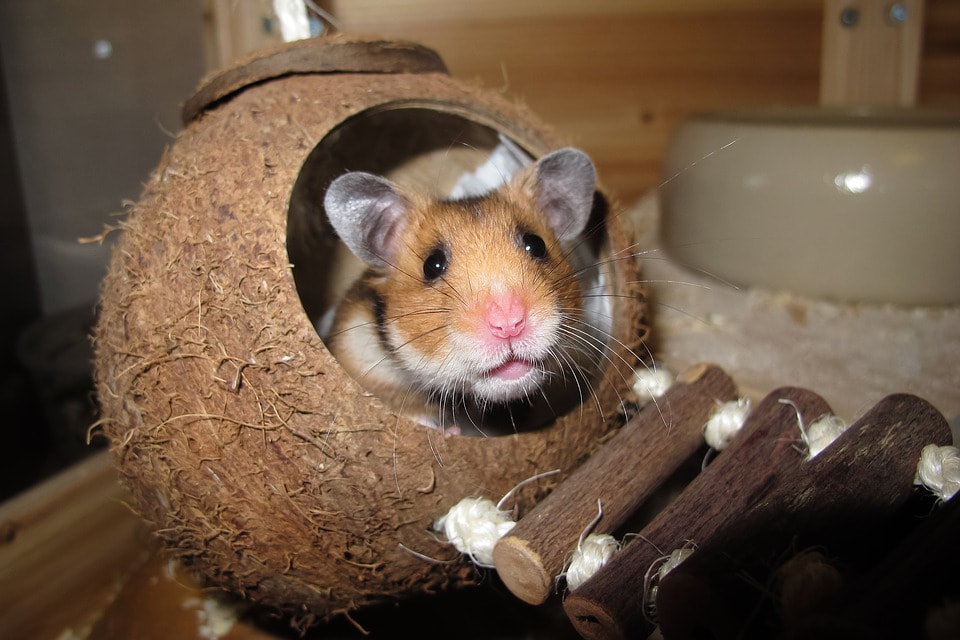
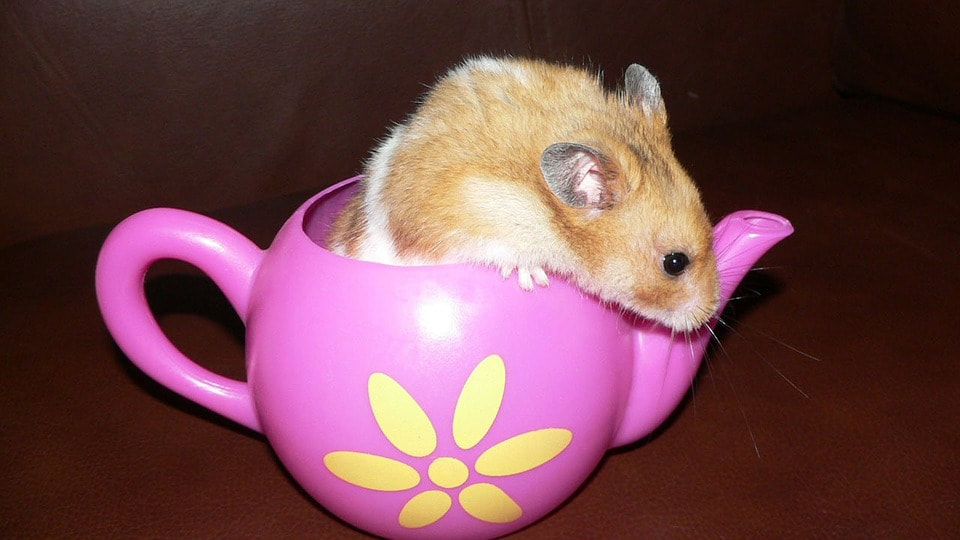
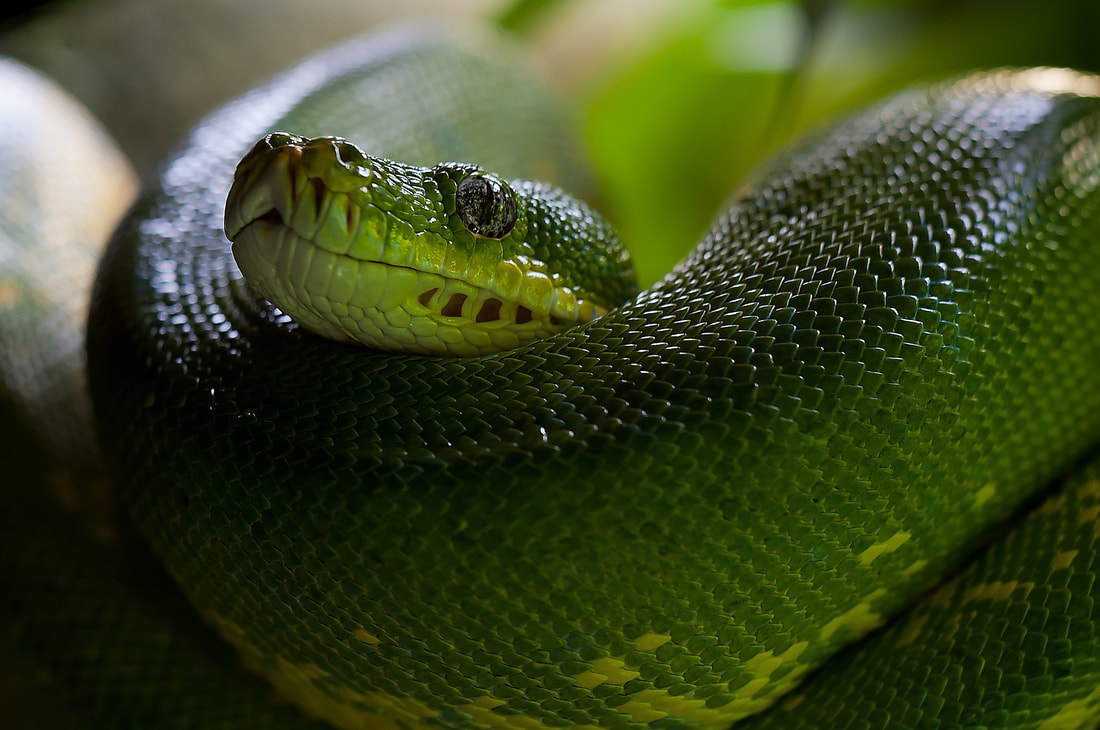
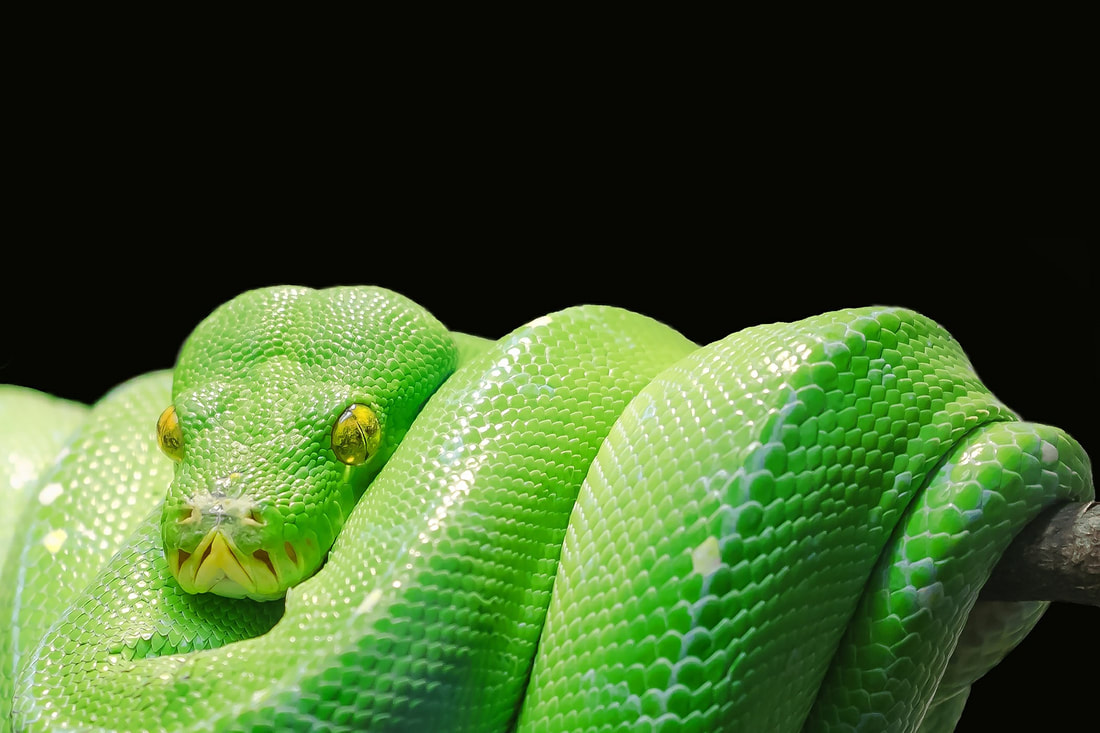
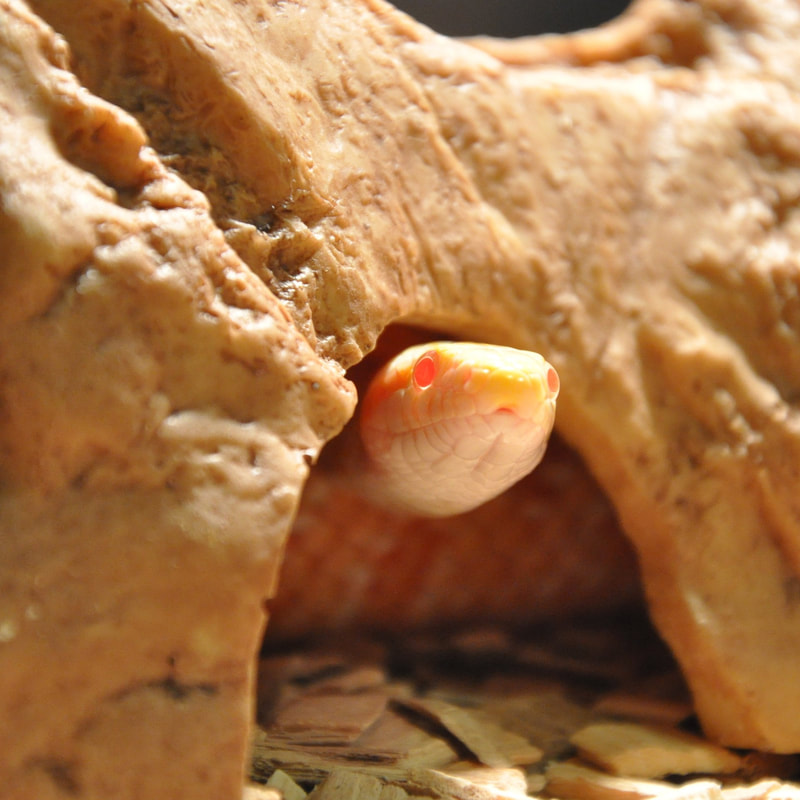
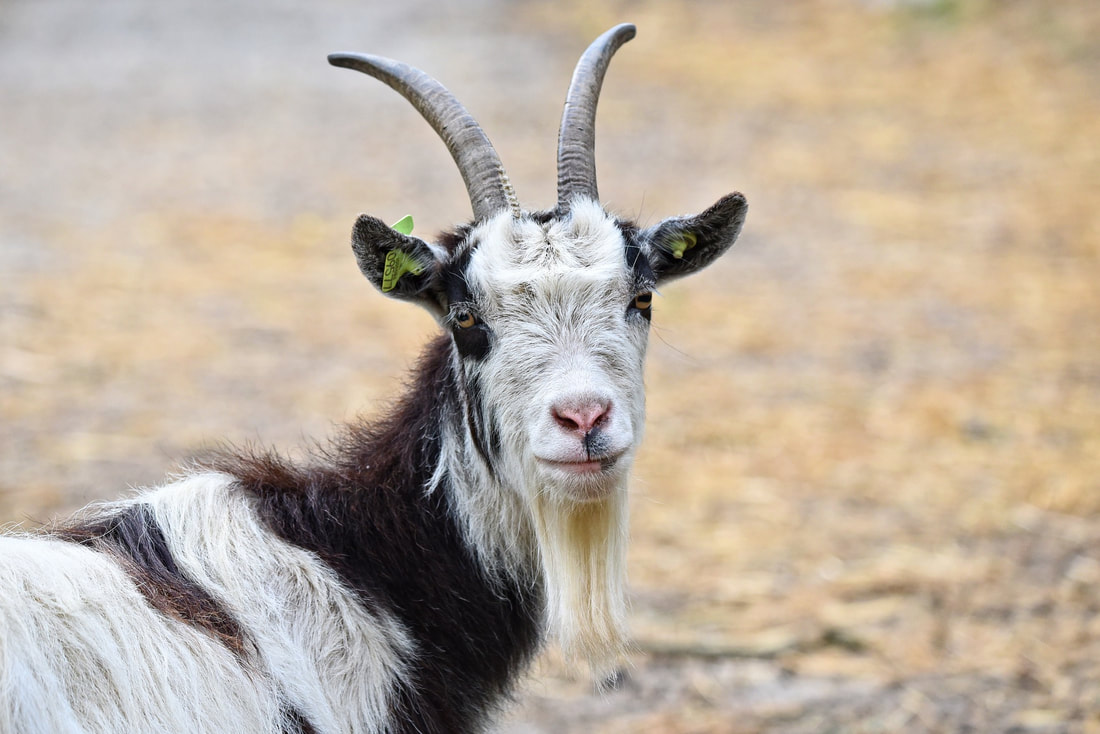
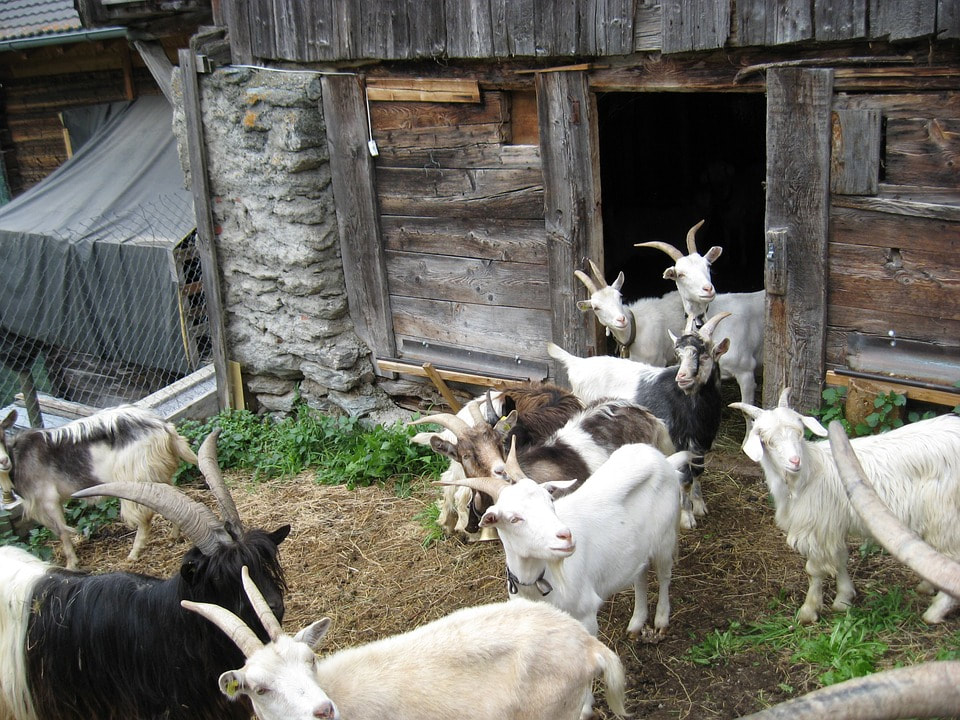
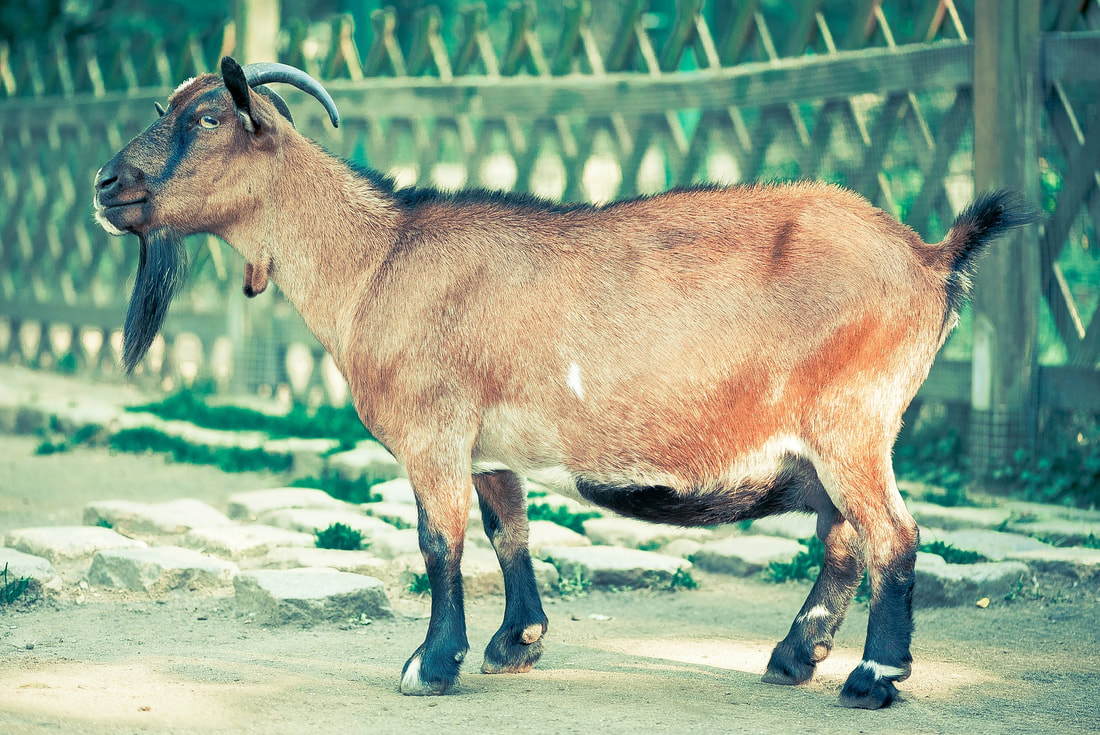
 RSS Feed
RSS Feed
